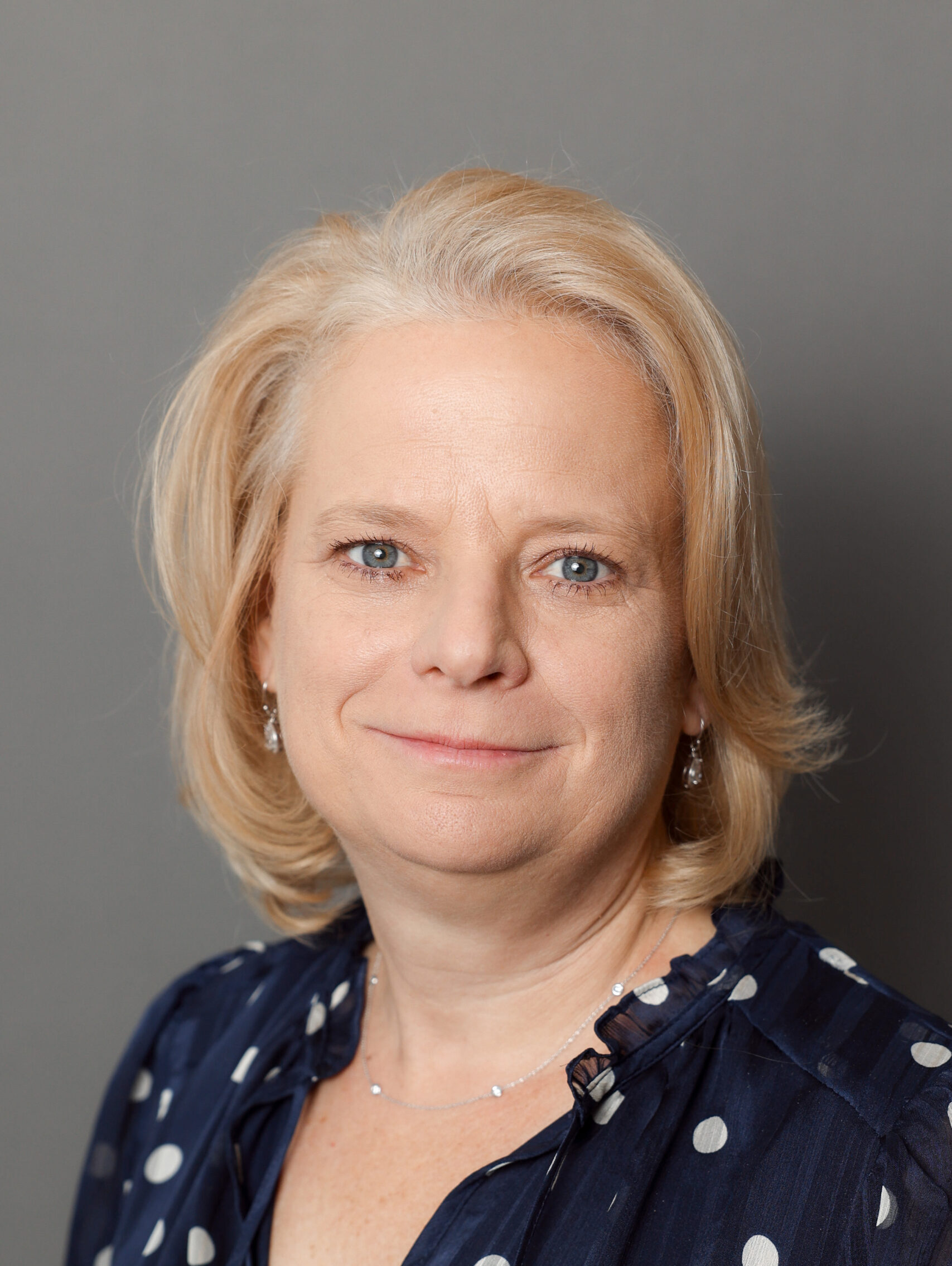Embracing specialized expertise: A lesson in leadership

This post was originally published on Forbes Nonprofit Council.
As leaders, we can easily become convinced that we must have all the answers for every area relevant to our domain. This belief is all too often reinforced indirectly through job descriptions and key performance indicators that hold us accountable for tasks for which others on our teams hold the knowledge and abilities.
I am certainly not alone in having worked with and for others who claim an arrogance of expertise or an unwillingness to say three simple words: I don’t know.
An encounter with my son’s AP calculus homework poignantly reminded me of the fallacy of this mindset—and that leading by acknowledging what you don’t know can empower the person who does.
As I glanced at the complex equations sprawled across his worksheet, I could not make sense of the symbols. At a young age, he had surpassed my mathematical proficiency and unlocked a realm of specialized knowledge completely foreign to me.
That moment served as a powerful reminder that the most effective leaders recognize, leverage and celebrate the diverse skills and experiences of those around them. Through openly acknowledging that no one person can possess all the knowledge necessary for success, we cultivate and model a culture of humility and respect for varied experiences and expertise.
Beyond this, we create an environment where collaboration thrives and innovation flourishes. When we actively seek out opportunities to collaborate and learn from one another, we break down silos, fill gaps in skills and knowledge and drive meaningful progress toward our shared goals. We go further than we could go alone. We foster a culture of inclusion where contributions are valued and celebrated.
The leadership demonstrated through embracing specialized expertise is not one that sits alone in titles or hierarchies. Rather it must be a shared expectation that all team members practice collaborative processes and lead by example. This is achieved through practicing humility, acknowledging our own limitations and giving respect freely.
Here are three ways to start:
- Embrace diversity of expertise. Recognize that your team members bring unique skills and experiences to the table. Encourage collaboration and leverage everyone’s strengths to achieve collective success. Be open to seeing expertise that lies beyond titles or career trajectories, and cultivate a culture of inclusion and innovation.
- Practice a collaborative process. Accept that no one has all the answers, and approach situations with an open mind and a willingness to learn. Approach others with curiosity, asking them questions and to explain their ideas.
- Continuously learn and grow. Commit to lifelong learning; remain open to new ideas and perspectives. Doing so will enhance your leadership capabilities and set an example for your team members to follow. Create different mentoring opportunities to capture knowledge across the organization (e.g., lateral, reverse, situational or the more traditional 1:1).
Ultimately, I remain blissfully ignorant of how to navigate my son’s calculus homework, and I am thankful that it served as a powerful cue that true leadership requires humility, respect and a willingness to acknowledge the expertise of others. By creating an environment where collaboration of knowledge is encouraged and valued, we unleash the full potential of our teams and achieve collective success.
